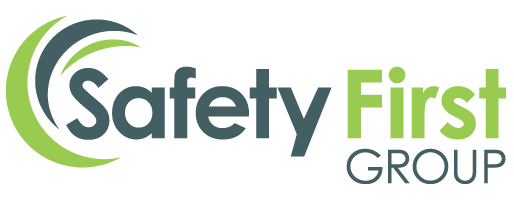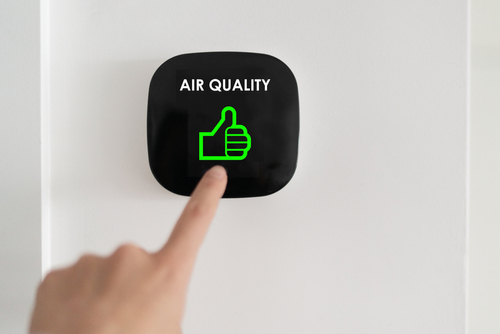In a recent survey conducted by the Safety and Health Engineering Partnership (SHEP), 84% of respondents stated that the Coronavirus Pandemic had made them more aware of the importance of air quality. A staggering 70% of people admitted that the Coronavirus outbreak made them more aware of the dangers of airborne diseases and other harmful particles.
Greater awareness
A spokesman for SHEP, CEO of British Fluid foundation, Chris Buxton stated that “Whilst Covid transmission is an extreme example of the risks posed by exposure to airborne particles, this is only one type of particle which poses a risk to human health”. He went on to discuss how people working in the manufacturing and engineering industries have historically been exposed to a wide range of particulate which can have detrimental effects on their health. However, this kind of health concern isn’t a new issue within the industry, where Chris later states that “although obviously prior to Covid it was predominantly dust, oil mist, fumes, smoke and chemicals which were the main offenders.”
SHEP was set up in 2018 with the focus being to provide a platform where all issues regarding health and safety within the engineering sector could be discussed and by relevant trade associations and their members.
An encouraging statistic from the survey was that 97% of people who took part understood the risks posed by airborne contaminants, with 84% of those believing that their company had adequate safety measures in place for reducing and eliminating risk.
Whilst some positive statistics were derived from the survey, 27% of the participants that felt like Local Exhaust Ventilation systems (LEV), which is widely known as being the most effective control against airborne lung diseases, and COSHH (Control of substances hazardous to health) were being overlooked as a priority and only being performed once every 14 months. This demonstrates that there are potentially a number of manufacturers not adhering to UK safety standards.
The Coronavirus pandemic affected all industries in various different ways, and if these figures were compared to those after the Covid outbreak we may find that figures for compliance has increased, raising the bar once again for internal air quality monitoring in the UK to be classified a priority.
Do you know when the last time your business inspected the air quality on your premises? You can find out more about Safety First Groups industry recognised air quality solutions by visiting the following pages:


